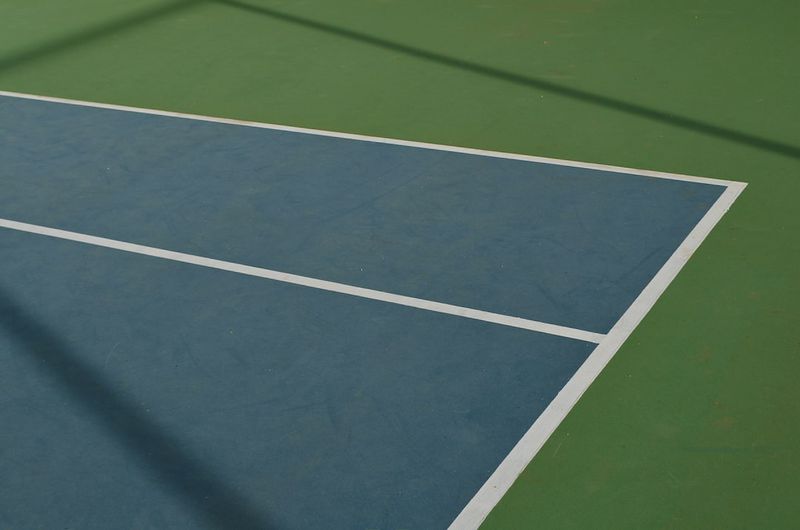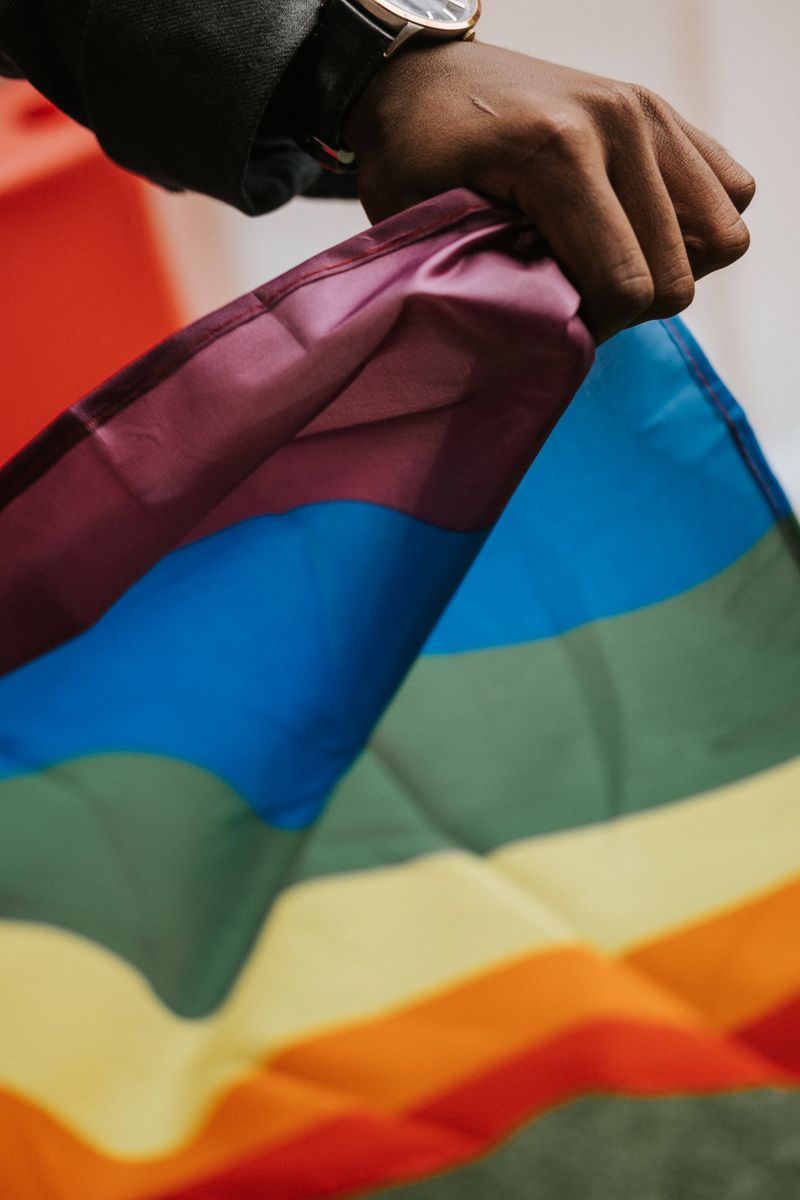Controversy at Wimbledon as Mirra Andreeva loses to Madison Keys after racquet throw
By
July 4, 2023
In a dramatic turn of events at Wimbledon 2023, Russian 16-year-old Mirra Andreeva‘s run in the tournament came to an end after she was docked a point for throwing her racquet. The qualifier, who had already received a warning for hurling her racquet earlier in the match, was penalized with a point penalty that ultimately gave Madison Keys match point.
The Racquet Throw Incident
Andreeva, who had captivated fans with her exceptional performance on the big stage, found herself in controversy when she was accused of throwing her racquet. At 5-2 in the third set, after running to retrieve a deep ball to her right, Andreeva appeared to lose her footing and slid on the grass. In the process, her racquet made contact with the ground with force, leading to a second warning and an automatic point penalty.
Andreeva vehemently protested the decision, arguing that she had not thrown her racquet but had instead slid on the grass. She pleaded her case with the umpire, but her efforts were in vain as the decision stood. Frustrated and disappointed, Andreeva quickly left the court, only exchanging a hurried handshake with Keys.
Acknowledging her Mistake
While Andreeva disputed the second warning and point penalty, she acknowledged that she deserved the first warning. Earlier in the match, she had thrown her racquet after letting slip a 4-1 lead in the second set, conceding it in a tie-break. Andreeva confessed that her frustration got the better of her during that moment.
It is worth noting that this was not the first incident of racquet abuse for Andreeva. In the French Open earlier this year, she received a code violation for hitting a ball into the crowd, causing it to hit a spectator. Reflecting on that incident, Andreeva regarded it as a “really stupid move” and acknowledged the potential consequences it could have had.
Controlling Emotions on the Court
Andreeva has been open about her struggles with controlling her emotions on the court. During her matches, she has displayed visible signs of frustration and at times looked emotional during changeovers. However, she emphasized that she is not alone in this struggle, referencing players like Roger Federer who also faced emotional challenges during their teenage years.
In her efforts to manage her emotions, Andreeva revealed that she talks to herself before going to bed. She uses this time to reflect on the day and address her thoughts. Andreeva believes that this practice has helped her gain some control over her emotions and hopes to continue working on herself.
Looking Ahead
Despite the disappointment of her loss, Andreeva had been aiming to become the youngest player since Anna Kournikova in 1997 to reach the Wimbledon quarter-finals. However, her journey was cut short by Madison Keys, who secured her spot in the quarter-finals with the win.
Keys, a seasoned player, will now face the winner of the fourth-round match between Aryna Sabalenka and Ekaterina Alexandrova. As the tournament progresses, all eyes will be on Keys to see if she can continue her formidable performance and potentially make a deep run in the tournament.
Editorial: The Importance of Sportsmanship
The incident involving Mirra Andreeva at Wimbledon highlights the significance of sportsmanship in competitive sports. While emotions can run high during intense matches, it is crucial for athletes to maintain composure and uphold the principles of fair play.
Throwing racquets, engaging in confrontations with officials, or displaying poor conduct not only diminishes the spirit of the game but also sets a poor example for aspiring athletes and younger fans. It is essential for players to channel their emotions in a positive way and exhibit sportsmanship both in victory and defeat.
As for Andreeva, she acknowledges her mistakes and is actively working on controlling her emotions. Her willingness to reflect on her actions and engage in self-improvement is commendable. It is important for young players like Andreeva to recognize that growth and maturity go hand in hand with on-court success.
Advice for Young Athletes
To young athletes who may face similar challenges, it is crucial to understand that emotions are a natural part of competition. However, it is essential to channel those emotions in a positive and constructive manner.
Developing strategies to manage emotions, such as Andreeva‘s practice of self-reflection, can be helpful. Seeking guidance from coaches, sports psychologists, and mentors who can provide valuable insights and tools for emotional control is also recommended.
Above all, young athletes should always prioritize respect for the game, opponents, and officials. By embracing the values of sportsmanship, athletes can truly enhance their performance, create positive experiences, and inspire others.

<< photo by Aleksandar Kyng >>
The image is for illustrative purposes only and does not depict the actual situation.
You might want to read !
- Saltie Strikes: Terrifying Crocodile Attack Leaves Tourist Hospitalized in the NT
- Rise of the Rebellion: Mounting Pressure on Scott Morrison’s Leadership
- Time to Bid Farewell: Reynolds Calls it a Day
- “Farewell to a Legend: Emotional Retirement Leaves Reynolds and Fans Yearning for More”
- Bone Breaker: Dan Hooker’s X-ray reveals the aftermath of UFC 290 arm split
- “Wood and Woakes Lead England to Ashes Victory: A Dynamic Duo’s Triumph”
- Australian Tennis Star Clarifies Controversial Hand Gesture at Wimbledon
- “Aussie’s Stellar Performance Thwarted: A Controversial End to a Promising Run”
- “Why Cara Delevingne’s Controversial Snub Is More Than Just a Celebrity Feud”
- Elina Svitolina’s Gambit Pays Off: Risk-Taking Key in Championship Win




